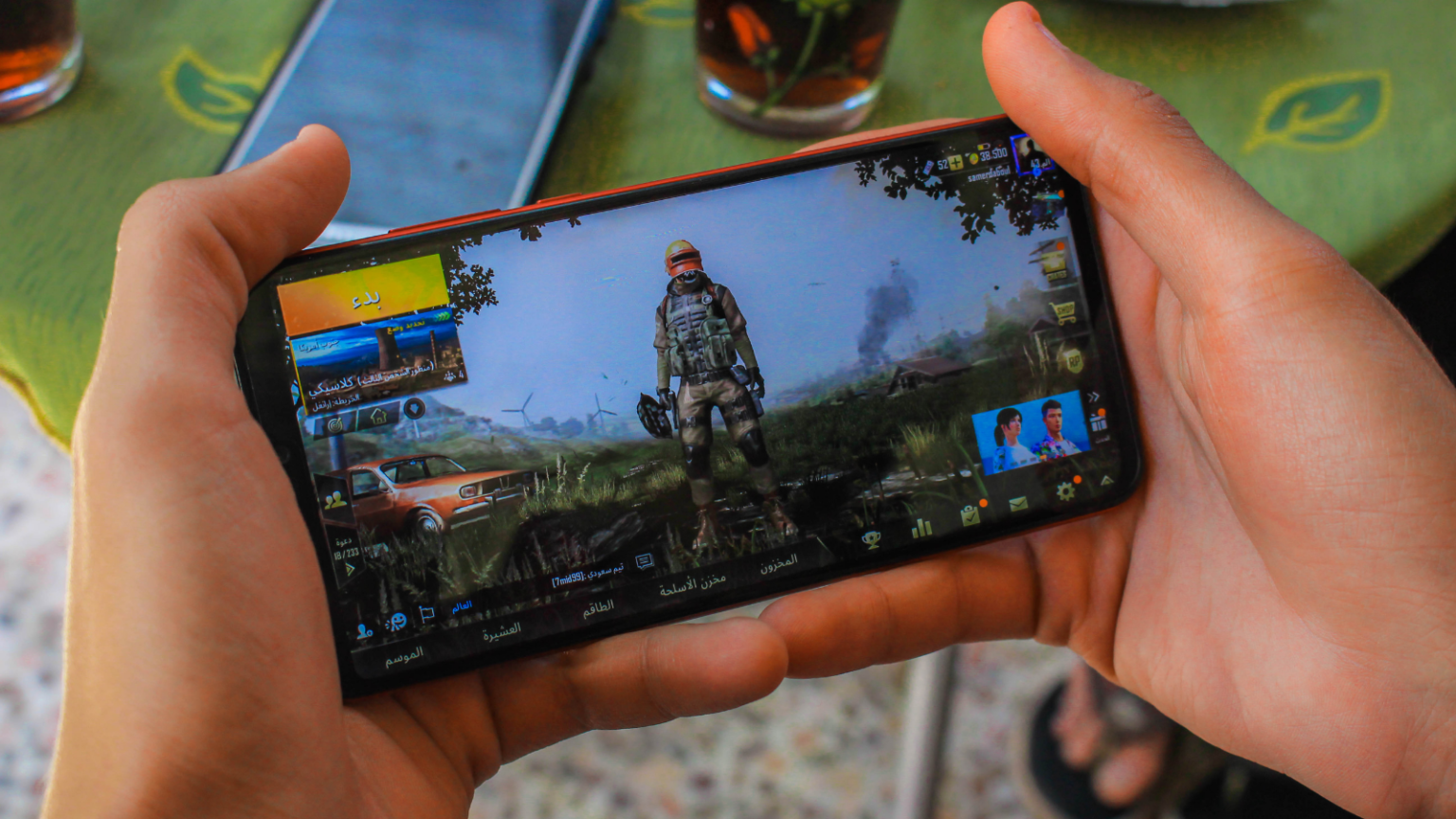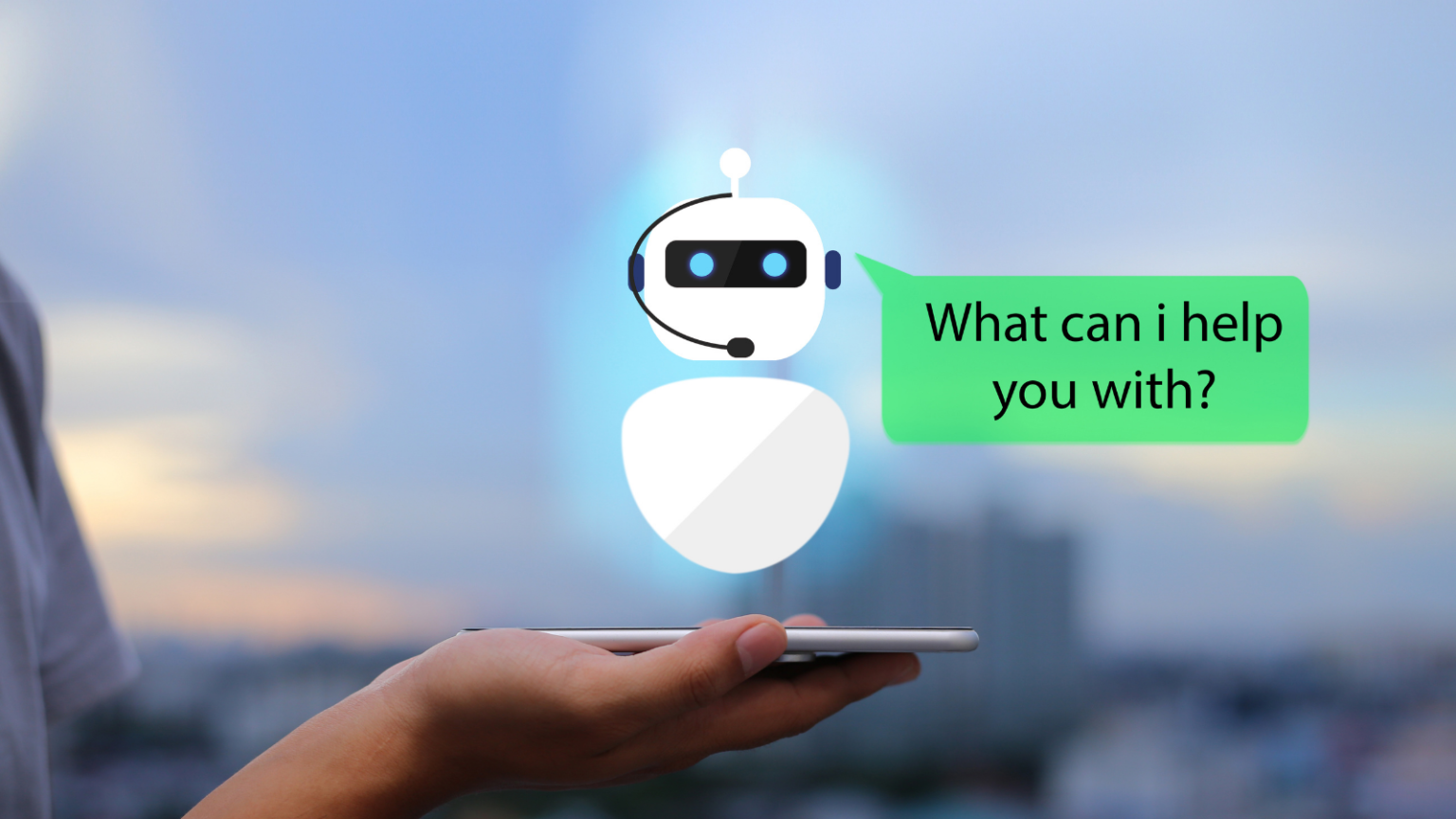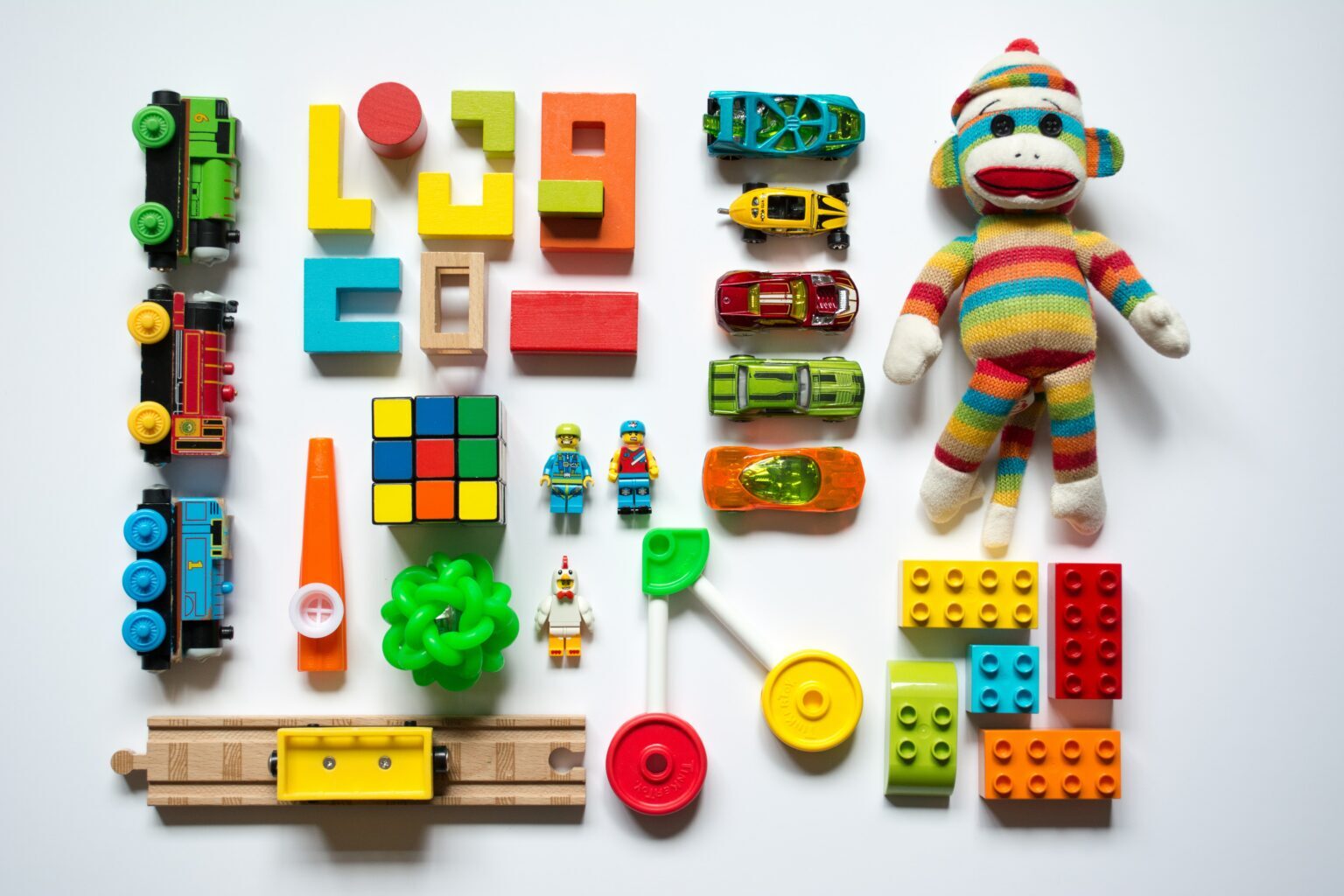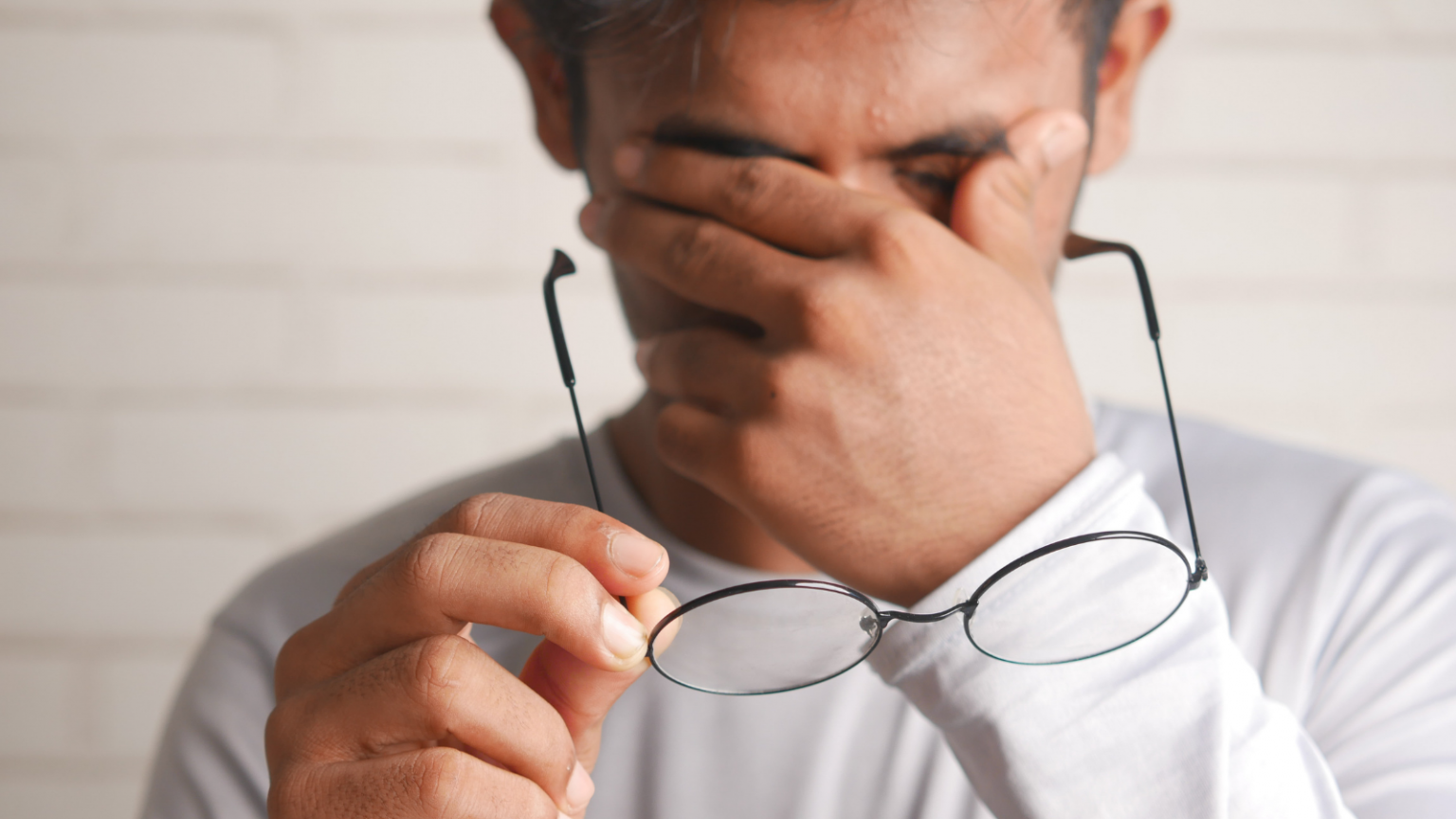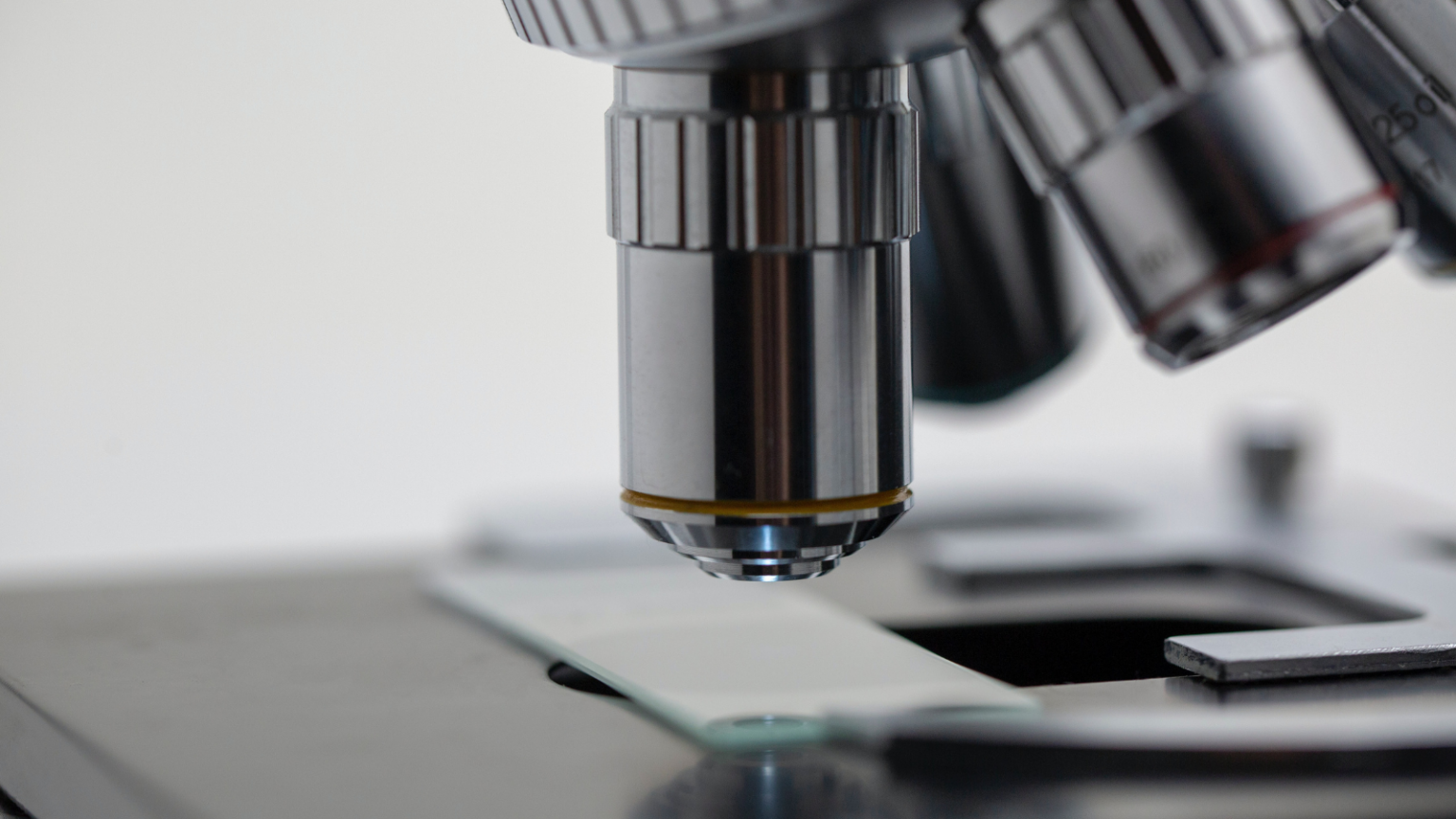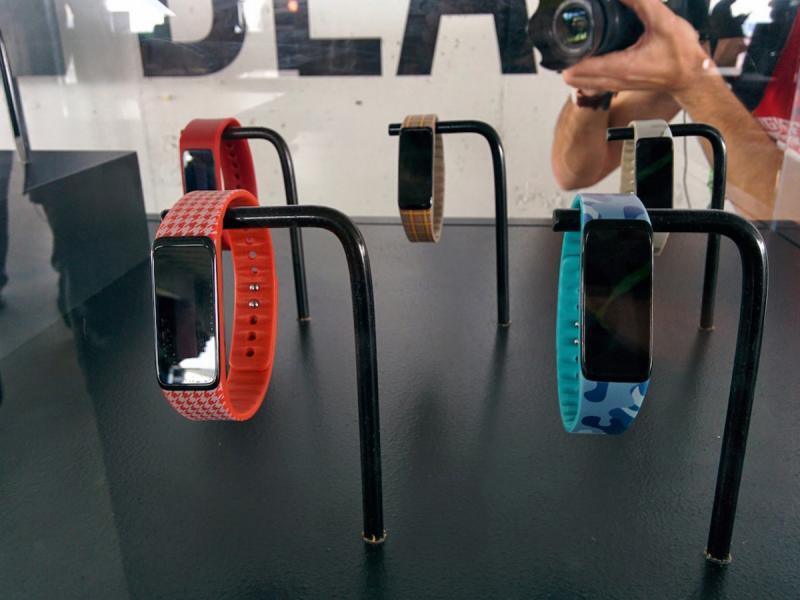More than 40% of the world’s population play video games. But besides being entertaining, digital games are a product. The need to bring in money from players is integral to game design. A popular method of monetising games is through microtransactions. These are repeated, uncapped in-game purchases: for example, extra content, or ways to make progress in the game easier. These transactions may be made with real money or in-game currency (which is paid for with real money). Microtransactions are very profitable for the industry. As fewer and fewer mobile games opt for a one-time, upfront purchase model, free-to-play games, which…
Author: The Conversation
The forthcoming launch of the James Webb Space Telescope offers unprecedented new opportunities for astronomers. It’s also a timely opportunity to reflect on what previous generations of telescopes have shown us. Astronomers rarely use their telescopes to simply take pictures. The pictures in astrophysics are usually generated by a process of scientific inference and imagination, sometimes visualised in artist’s impressions of what the data suggests. Choosing just a handful of images was not easy. I limited my selection to images produced by publicly-funded telescopes and which reveal some interesting science. I tried to avoid very popular images which have already been viewed…
When the immense sound of the Ariane 5 rocket rumbles across Europe’s spaceport in French Guiana, it will signal the end of a journey decades in the making. Perched atop the rocket will be the James Webb Space Telescope (JWST), the most sophisticated and complex observatory ever constructed. An enormous mirror 6.5 metres across, consisting of 18 gold-plated segments, will be delicately folded to fit within the nose cone. That precious cargo carries the hopes and dreams of thousands of engineers and scientists like us who have worked for so long to make this observatory a reality. We’ll no doubt all be holding…
While COVID-19 forced an emergency transformation to online learning at universities, learning how to teach efficiently and effectively online using different platforms and tools is a positive addition to education and is here to stay. To sustain this beneficial evolution and ensure quality education, universities should focus on supporting faculty to embrace and lead the change. The ethical and strategic use of artificial intelligence at centres of teaching and learning, which support faculty in troubleshooting and innovating their online teaching practices, can help with this task. Centres of teaching and learning are responsible for educational technology support, teaching and learning support, as well as instructional design. Expansive move…
Guilt has perhaps always been part of selecting and giving gifts for children at Christmas. However, in 2021, after two years of increased screen time for children thanks to COVID, parents may be experiencing even more uncertainty around what to buy. But what if the power of play could counter some of these fears? The importance of play is well recognised. Play holds developmental power to facilitate communication, increase personal strengths, foster emotional well-being and enhance social relationships. This can be true of digital gifts as well as more traditional presents. Here are some ideas for screen-based toys that are good for both a…
When the most massive stars die, they collapse to form some of the densest objects known in the Universe: black holes. They are the “darkest” objects in the cosmos, as not even light can escape their incredibly strong gravity. Because of this, it’s impossible to directly image black holes, making them mysterious and quite perplexing. But our new research has road-tested a way to spot some of the most voracious black holes of all, making it easier to find them buried deep in the hearts of distant galaxies. Despite the name, not all black holes are black. While black holes come in…
During the pandemic, video calls became a way for me to connect with my aunt in a nursing home and with my extended family during holidays. Zoom was how I enjoyed trivia nights, happy hours and live performances. As a university professor, Zoom was also the way I conducted all of my work meetings, mentoring and teaching. But I often felt drained after Zoom sessions, even some of those that I had scheduled for fun. Several well-known factors – intense eye contact, slightly misaligned eye contact, being on camera, limited body movement, lack of nonverbal communication – contribute to Zoom fatigue. But…
How can you know that science done quickly during a crisis is good science? This question has taken on new relevance with the COVID-19 vaccine rollout. Researchers developed vaccines in under a year – easily breaking the previous record of four years. But that pace of development may be part of the reason about 1 in 7 unvaccinated adults in the U.S. say they will never get the COVID-19 shot. This is in spite of continued assurances from infectious disease experts that the vaccines are safe. Scientists are called on to come up with answers under pressure whenever there is a crisis, from the Challenger space shuttle explosion to the 2020 California…
Wearable fitness trackers will be on many Christmas shopping lists this year, with a vast range of devices (and an ever-increasing number of features) hitting the market just in time for the festive season. But what does the latest research say about how effective they are? Fitness trackers are trendy Currently, about one in five Australians own one of these wearables, and about a quarter use a mobile app or website to monitor their activity levels and health. And sales are predicted to grow over the next five years. The landscape of the market is fast changing. For years, Fitbit and Garmin were the…
The need to transition to clean energy is apparent, urgent and inescapable. We must limit Earth’s rising temperature to within 1.5 C to avoid the worst effects of climate change — an especially daunting challenge in the face of the steadily increasing global demand for energy. Part of the answer is using energy more efficiently. More than 72 per cent of all energy produced worldwide is lost in the form of heat. For example, the engine in a car uses only about 30 per cent of the gasoline it burns to move the car. The remainder is dissipated as heat. Recovering even…

